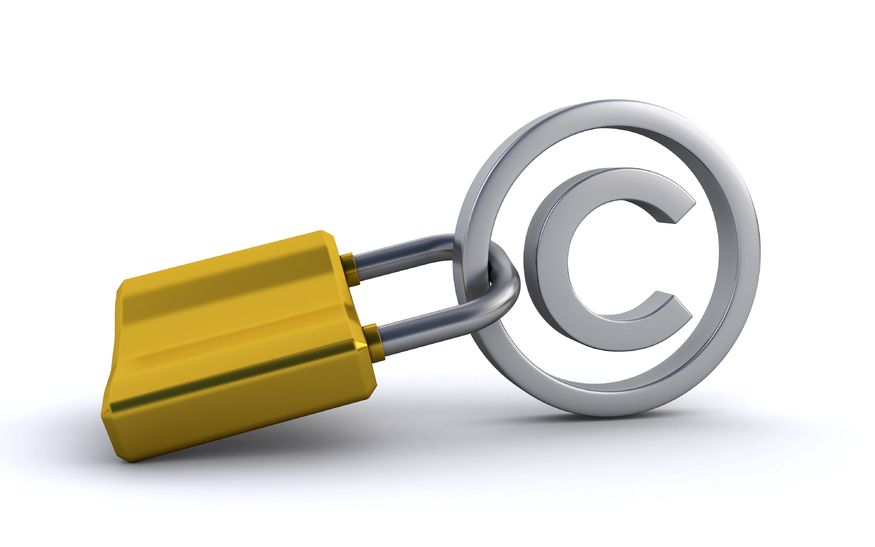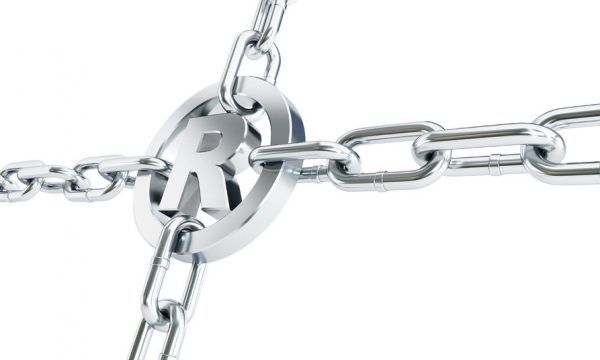Copyright is a property right that exists in original copyright works. This property right is a type of intellectual property.
Copyright work includes:
- literary works e.g. emails, novels, lyrics, tables and compilations, computer programmes;
- dramatic works e.g. scripts;
- musical works e.g. sheet music;
- artistic works e.g. photos, diagrams, drawings, sculptures, maps, paintings;
- sound recordings (as separate from the music works);
- films (as separate from the musical works and script);
- communication works e.g. broadcasts on tv, radio or internet; and
- typographical arrangements of published editions e.g. the layout of several literary works in a magazine.
Copyright can protect all your draft versions, sketches and plans as well as the final product.
Copyright does not protect ideas, but the expression of ideas. That means the work must be written down or recorded in some way.
Copyright can subsist in several different works that together create one masterpiece.
Copyright protects against copying and does not protect against independent creation.
Copyright owners have exclusive rights in relation to the work to:
- copy the work by reproducing it, scanning it, recording it, downloading it and storing it;
- issue copies of the work to the public by publishing or distributing it;
- perform, play or show the work in public;
- communicate the work to the public by radio, tv or internet;
- adapt the work by translating it into another language.
In New Zealand copyright protection automatically attaches to original copyright work when it is created. The protection lasts for 50 years after the author has died. The work is protected regardless of whether or not “copyright” or “©” is noted on the work. However, it is prudent to note the author and the year of publication on the work to notify the public that the work is protected.




Leave A Comment